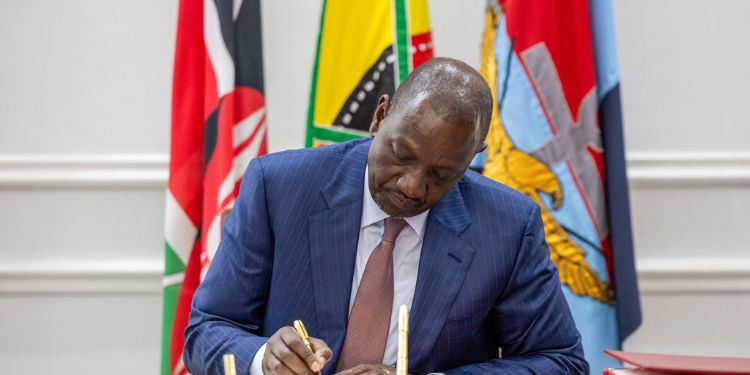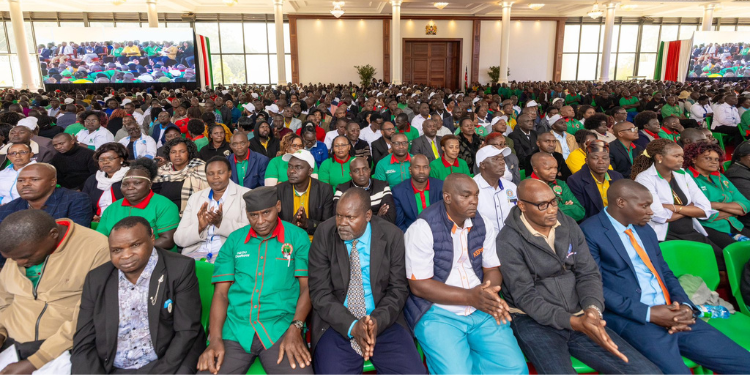President William Ruto on Wednesday, July 30, assented to key legislative proposals, including the Conflict-of-Interest Bill 2023 and the Social Protection Bill 2025.
The bills were sponsored by Majority Leader Kimani Ichung’wah.
The social protection bill highlighted major changes, including expanding welfare services to non-citizens.
Additionally, the Act empowered the Cabinet Secretary for Labour to establish a Social Protection Fund under the Public Finance Management Act.
“The Cabinet Secretary shall, per the Public Finance Management Act, establish a Social Protection Fund to finance social protection interventions under this Act,” read part of the Bill.
This fund will pool all financial resources for national assistance programs and will be partly financed by both the national and county governments.
The Social Protection Bill, 2025 Contents
The Social Protection Bill 2025, signed by Ruto, introduced a framework to provide monthly stipends to more categories of both Kenyan citizens and non-citizens.
The law established a Social Protection Fund to finance non-contributory benefits such as cash transfers, feeding programs, and psychosocial support.
While traditionally focused on Kenyan citizens, the new framework explicitly included non-citizens affected by crises, such as refugees, asylum seekers, and stateless persons, provided they meet emergency criteria.
The Ruto bill expands welfare to non-citizens
“A person in need, whether a citizen or non-citizen, shall be eligible for social protection benefits under this Act where such person meets the criteria prescribed under this Act or any regulations made thereunder,” confirmed part of the Bill.
Also Read: Health Workers Reject New Patient Safety Bill 2025
County governments will be required to align local strategies with national policies, ensuring that vulnerable individuals, regardless of nationality, receive timely and dignified support during shocks such as displacement, pandemics, or natural disasters.
The Conflict-of-Interest Bill sought to tighten ethical standards in public service by defining, preventing, and penalising conflicts of interest among public officers
The conflict-of-interest bill, 2023
Key Contents of the Bill
- Clear Definition: A conflict of interest arises when a public officer’s private interests could improperly influence their official duties.
- Mandatory Disclosures:
- Public officers must declare financial and personal interests upon appointment and annually.
- Immediate disclosure is required when a conflict arises during service.
- Prohibited Conduct:
- Accepting gifts, hospitality, or favours that may influence decisions.
- Holding external jobs or directorships that conflict with public duties.
- Participating in decisions where the officer or close associates have a financial stake.
- Recusal Requirements: Officers must step aside from any decision-making process where a conflict exists.
- Oversight and Enforcement:
- The Ethics and Anti-Corruption Commission (EACC) is empowered to investigate breaches.
- Penalties include fines, dismissal, and possible criminal charges for concealment or non-compliance.
Also Read: Exposed: How Finance Bill 2025 is a Betrayal of Kenyans
The bill was termed a cornerstone in Kenya’s fight against corruption and misuse of public office.
It was aligned with Chapter Six of the Constitution on Leadership and Integrity and aimed to restore public trust in governance.
Follow our WhatsApp Channel and X Account for real-time news updates.
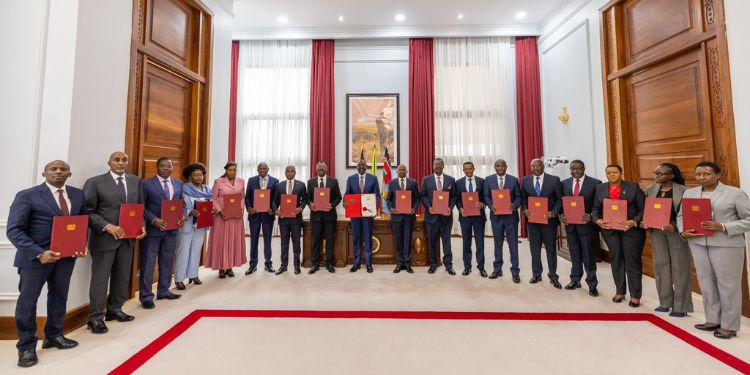




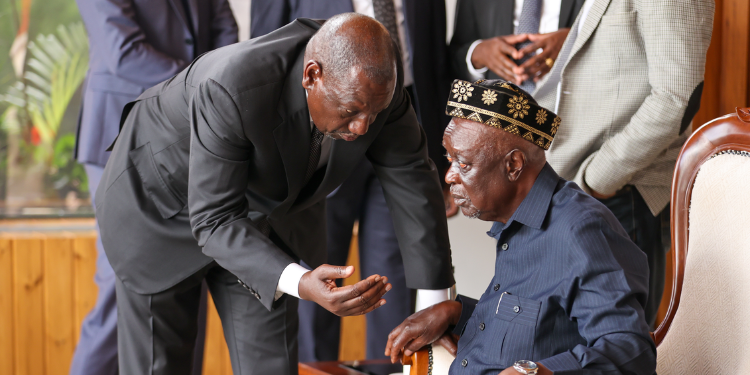

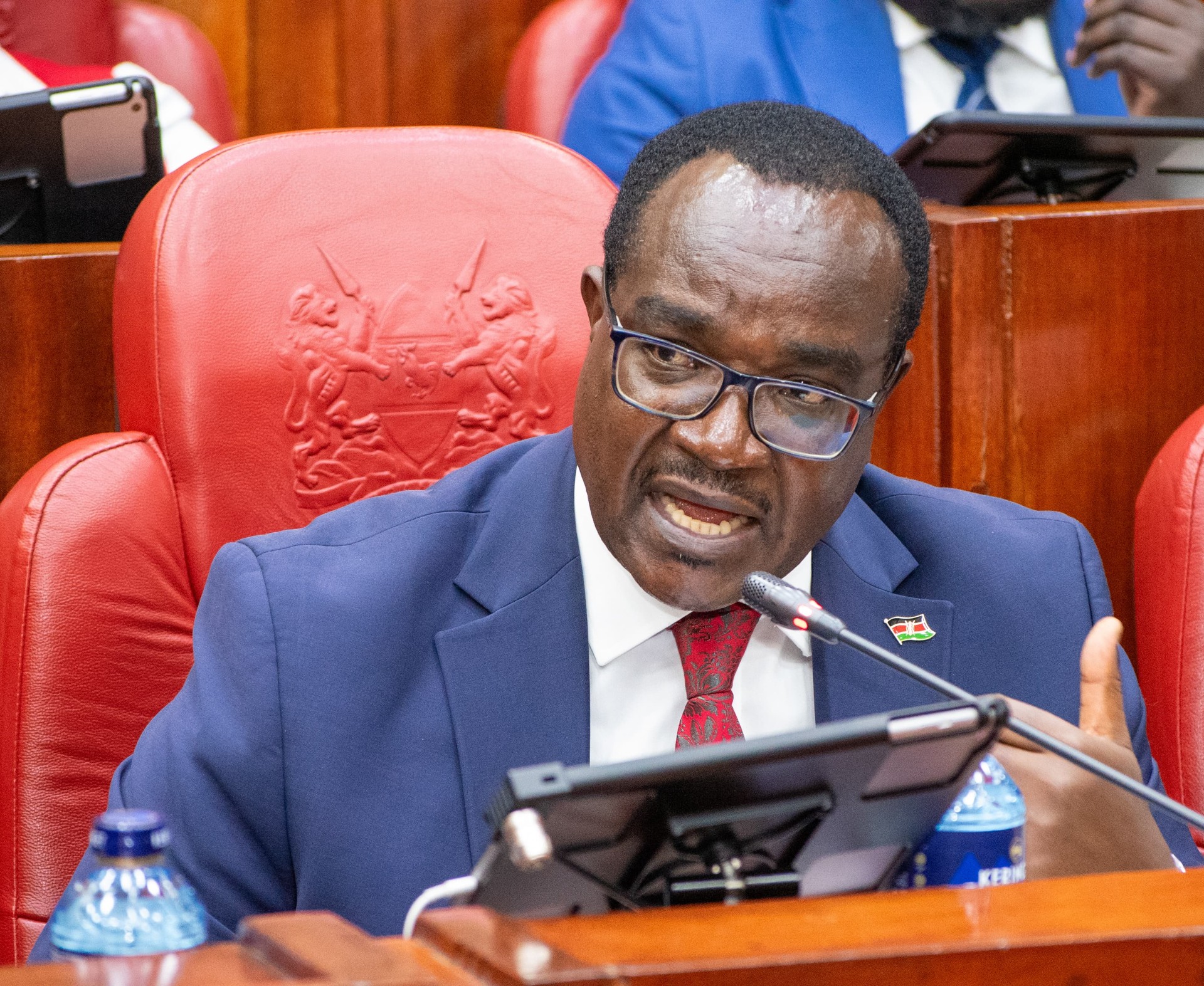


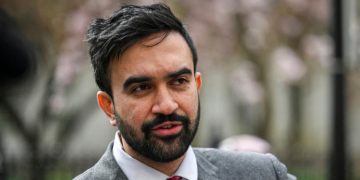








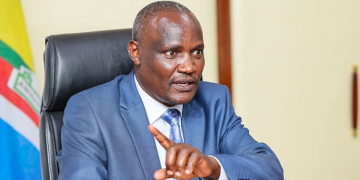

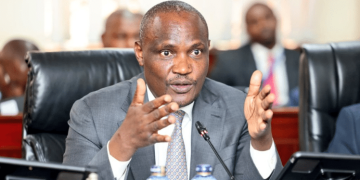






























![Senator Allan Chesang And Chanelle Kittony Wed In A Colourful Ceremony [Photos] Trans Nzoia Senator Allan Chesang With Channelle Kittony/Oscar Sudi]( https://thekenyatimescdn-ese7d3e7ghdnbfa9.z01.azurefd.net/prodimages/uploads/2025/11/Trans-Nzoia-Senator-Allan-Chesang-with-Channelle-KittonyOscar-Sudi-360x180.png)




















